In both cases, the nobility — bar some bright exceptions — came to be perceived in the same way as the Catholic Church (see: Religion): as a foreignelement, who often had Germanas their mother tongue and not infrequently behaved disloyally to the “Czech cause”. Rather symptomatically, one of independent Czechoslovakia’s first actions was to expropriate large chunks of land belonging to the Catholic Church — and to abolish the use of noble titles.
The contrast with Poland, where the church has traditionally been one of the nation’s cornerstones, or Hungary, where counts and barons played a significant role in interwar politics, could not be sharper.
The Czechs’ ambivalent attitude towards the nobility grew dramatically stronger when Bohemia and Moravia were occupied by Nazi Germany in 1939. It’s hard to give precise numbers, but it’s undisputed that some of the most high-profile members of the former nobility, such as Count Ulrich von Kinsky, assisted practically in paving the way to the Munich Agreementor later collaborated happily with the occupants. But there are also examples of brave resistance. In 1938, on the verge of the Second World War, a group of ten noblemen published a petition to ensure President Beneš of their loyalty to Czechoslovakia, and several families had their estates and personal belongings confiscated by the Nazis because of their pro-Czech behaviour.
To the Bolsheviks, however, nobility was nobility. Without exception, the “people’s democracy” expropriated the property of all noble families, irrespective of any Nazi affiliation, and then turned the castles and estates into schools, sanatoria or even military barracks. To make a show of their “classless” justice, the communists also forced the members of the few noble families who didn’t leave the country to take utterly proletarian jobs. Thus, in the 1960s, Jan Stránský, a knight, could be seen busy at work at a filling station in Prague’s centre.
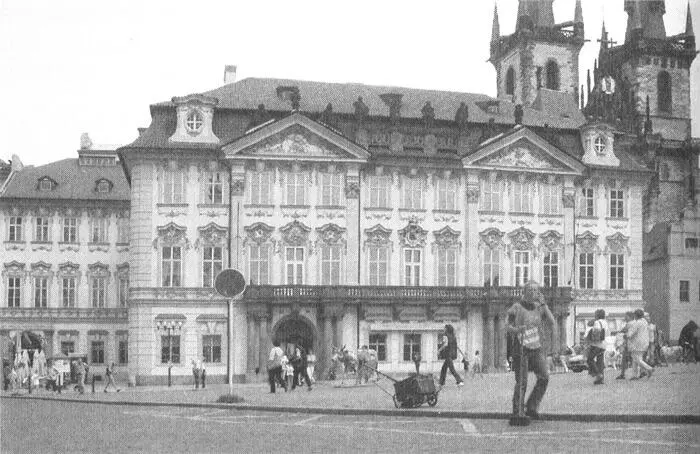
Photo © Terje B. Englund
This changed after the Velvet Revolutionin 1989. As all other citizens who had their property stolen by the Communist regime, also members of the former nobility claimed it returned. Their legal position, however, has not been too easy. Firstly, they have had to prove their innocence when it comes to allegations about Nazi collaboration (and not the other way round — that the state has to prove they collaborated). And secondly, they had to fight the common prejudices against emigrants.
The result? Fifty-fifty, one might say. Numerous castles and estates have been returned to their original owners. Thanks to this property restitution, ex-Prince Karel Schwarzenberg (during the normalization , one of Charter 77’smost vociferous advocates in the West) has become one of the country’s most affluent men and biggest landowners. However, several others, most notably the Walderode family, have either been rejected because their Nazi collaboration is well documented, or they are fighting endless battles in Czech courtrooms to regain the palaces, forests and land they once owned.
This ambiguity also characterizes many Czechs’ attitude towards the old nobility. True, the vast majority seem to have far too many problems on their own to care about the fate of Bohemia and Moravia’s former feudal families. But many people loathe the idea that popular state castles, visited by thousands of touristsevery year, may fall into the hands of private owners, who moreover are regarded as foreigners.
After years of brutal communist exploitation of nature, many foreignersperceive the Czech Republic as the apex of ecological disaster and pollution. In one of his films, the famous Finnish director Aki Kaurismäki even has a scene where a tourist is developing his film in a Bohemianriver.
This is, by all means, a cruel distortion of reality. The Czech Republic, with its Krkonoše (Giant) mountains, Šumava forest, numerous rivers, green valleys and rolling hills, bound together with charming country roads and alleys lined with fruit trees, can boast amazingly varied nature and countless places of immense beauty.
Still, God forgot to give the Czechs one of Mother Nature’s most fundamental elements: the ocean. “So what?” you’ll probably object. In his play The Storm , William Shakespeare placed the Bohemian kingdom by the sea, and nobody noticed it. And besides that, after the Iron Curtaindisappeared, you could reach the Adriatic Sea or the Baltic by car from the Czech Republic within six hours, so why make such a fuss about the absence of ocean?
Simply because it belongs to the group of arguments, which Czechs often use to explain some of the most basic features of their alleged national character. You may, of course, consider this term to be a bit woolly, but in this country, most people take it deadly seriously, so a foreigner should at least know it in theory.
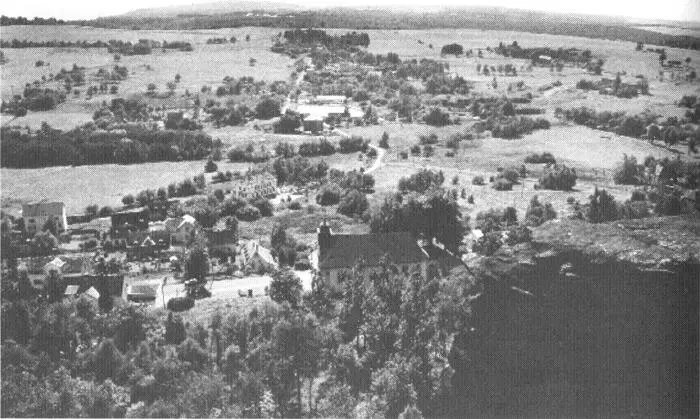
Photo © Jaroslav Fišer
According to common Czech wisdom, the sea is something that literally enhances big visions and great deeds. In a maritime nation, people walk on the seashore and stare out at the endless ocean. Almost physically, they feel there is something bigger and better out there behind the horizon. The Czechs, on the other hand, have at best a small rybník (a fish-pond) at their disposal. “That’s why we are so petty-minded, scepticaland timid,” the saying goes.
President Masarykput it even more harshly: “Because we don’t have any sea, we sit by the pond and croak like small frogs.” The poor frogs have even found their way into the Czech languagein the familiar saying žábomyší válka (a war between frogs and mice) which equals the petty and meaningless quarrels which are so often demonstrated by the country’s politicians.
Of course, the Czechs don’t have a monopoly on attaching symbols to entire nations. The Nobel Prize laureate Elias Canetti wrote an essay where he compared the broadminded and fearless Englishmen to the sea, while the Germans, according to Canetti, were as dangerous and unpredictable as a deep forest.
To develop this somewhat dubious theory a bit further, let’s take a quick look at the map: the Czechs not only lack the ocean’s horizons, but mountains or deep forests surround them to the north, west and south-west. Bohemia, it’s often said, is even submerged in a basin (which it in reality isn’t). To the protagonists of the absence-of-ocean-theory, this has an evident result: even though the Czechs are living in the middle of Europe, geography has made them feel protected from the outside world.
Add forty years of isolation behind the Iron Curtain, and what do you get? An inwardly-looking atmosphere, unruffled by fresh maritime winds or oceanic perspectives, where the Czechs have been happily chewing their knedlíks (see: Czech Cuisine), downing beerand producing unique characters such as Jára Cimrman, Karel Gottand Václav Klaus.
If Prague and the rest of Bohemia, with all their charming hospodas , delightful architecture and pretty landscape should become too cosy for you, Ostrava, the Czech Republic’s third largest city with about 330,000 inhabitants, will rapidly cure your spleen. Tucked away in the country’s north-eastern corner on the border between Moravia, Silesia and Poland, the former Czechoslovakia’s “heart of steel” offers the true flair of the Wild East. As an Australian probably would have put it, this is a city where men are men, and sheep are nervous.
Читать дальше
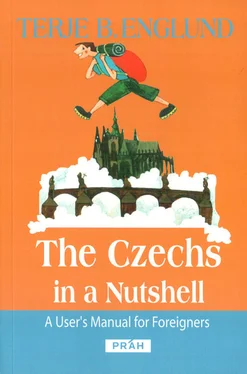



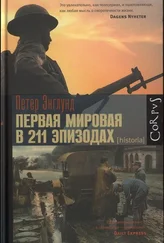

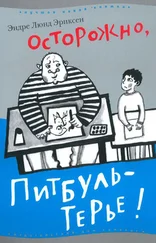
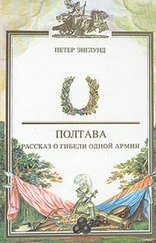


![Theresa Cheung - The Dream Dictionary from A to Z [Revised edition] - The Ultimate A–Z to Interpret the Secrets of Your Dreams](/books/692092/theresa-cheung-the-dream-dictionary-from-a-to-z-r-thumb.webp)



